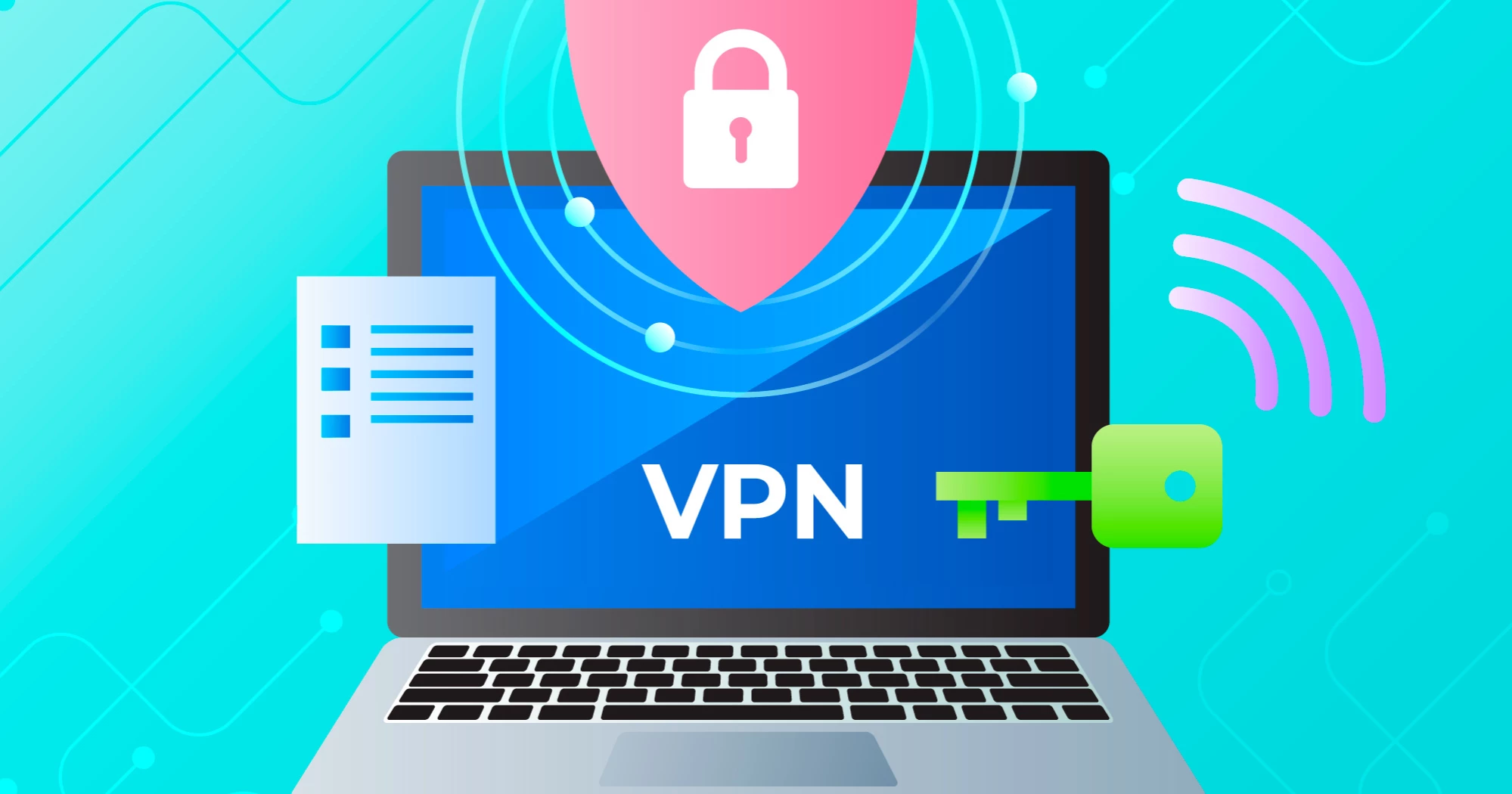A Comprehensive Guide to Understanding VPNs

In the digital age, where information flows freely across the internet, ensuring the security and privacy of your online activities has become paramount. One powerful tool that individuals and businesses alike use to safeguard their data is a Virtual Private Network, commonly known as a VPN. In this article, we will delve into the world of VPNs, exploring what they are, how they work, and why they have become an essential component of online security.
What is a VPN?
A Virtual Private Network (VPN) is a technology that establishes a secure and encrypted connection over the internet. It acts as a virtual tunnel, allowing data to travel between your device and the destination server through an encrypted pathway. This encryption ensures that your online activities, including browsing history, communication, and file transfers, remain private and secure from potential prying eyes.
How Does a VPN Work?
When you connect to the internet through a VPN, your device creates a secure connection to a remote server operated by the VPN provider. This server acts as an intermediary between your device and the websites or online services you access. As a result, your IP address, which is a unique identifier for your device on the internet, is masked by the VPN server’s IP address.
The data transmitted between your device and the VPN server is encrypted, making it challenging for hackers, ISPs, or any other third parties to intercept and decipher your online activities. This enhanced security is particularly crucial when connecting to public Wi-Fi networks, where cyber threats are more prevalent.
Reasons to Use a VPN
- Enhanced Security: VPNs provide an additional layer of security, protecting your data from potential threats such as hackers, identity thieves, and malicious entities.
- Privacy Protection: By masking your IP address and encrypting your internet traffic, VPNs help preserve your online privacy. This is especially important as internet service providers (ISPs) and websites often track and collect user data.
- Bypassing Geo-Restrictions: VPNs allow users to access content that might be restricted or blocked based on geographical location. This is particularly useful for streaming services, websites, or online platforms that are region-specific.
- Secure Remote Access: Businesses often use VPNs to facilitate secure remote access to their internal networks. This is crucial for employees who need to connect to company resources while working from different locations.
Choosing the Right VPN
When selecting a VPN service, it’s essential to consider factors such as:
- Security Features: Look for strong encryption protocols, a no-logs policy, and features like a kill switch that can disconnect your internet if the VPN connection drops.
- Server Locations: The number and locations of servers influence the VPN’s performance and its ability to bypass geo-restrictions.
- User-Friendly Interface: A good VPN should be easy to set up and use, even for individuals who are not tech-savvy.
- Speed: The speed of your internet connection while using a VPN can vary. Opt for a VPN service that offers fast and reliable performance.
In conclusion, a Virtual Private Network is a powerful tool for enhancing online security and privacy. Whether you’re concerned about data protection, online surveillance, or accessing region-restricted content, a VPN can provide the necessary safeguards. As the digital landscape continues to evolve, integrating a VPN into your online routine is a proactive step towards ensuring a safer and more private internet experience.